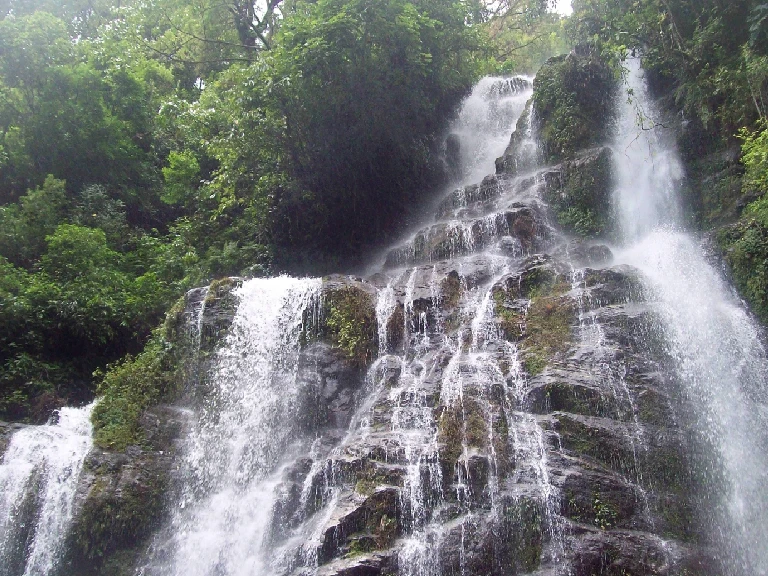Wetland Wonder
Pintail, shelduck, shoveller, snipe
Godwit, garganey
Many more migrant feathers all
Whichever way you see
The lesser whistling duck pitches,
The tufted duck, it flits,
The golden plover forages on
The greenshank quietly sits
Freshwater marsh, beds of reed
A winter’s wonderland,
Has with these visitants turned into
A pilgrimage of grand
For Chilka’s lake, Mangalajodi,
Has filled with migrant quills,
From the Caspian, Baikal, Aral lands
And the distant Asian hills
Yet, the greatest wonder in these lands
Is not a feathered friend,
But Man instead, with selflessness
Who has tried to make amend
The same villain who once would kill
And poach the birds for food
Has been changed in many years
To guard these guests for good
The poacher now protects these lands,
Like a tribal new age lord,
The rogue with blood upon his hands
Is now a saviour God
But this is just a feeble start
A lot’s to be undone
So many scars are left to heal
So many tales to turn
The Amur Falcon in the east,
The hargila, bustard’s song
The baghrol, gharial, dolphins wait
To right decades of wrong
Perhaps we still can prove our worth
Fix more than we think we can
I hope one day, these marshlands say
Here’s where it all began…
8th August 2025
The conservation story of Mangalajodi is a powerful example of community-led transformation. Once an infamous hub for bird poaching on the fringes of Chilika Lake, Odisha, the village saw a dramatic shift in mindset and livelihood. Thanks to the efforts of local conservationists and NGOs like Wild Orissa, villagers were convinced that protecting the migratory birds was more profitable and sustainable than hunting them. Former poachers were trained to become knowledgeable birding guides and boatmen, leading to the creation of a thriving ecotourism model. This change not only provided a new source of income for the community but also transformed the area into a protected bird sanctuary, resulting in a monumental increase in the migratory bird population from a mere 5,000 to over 300,000 during peak season.
The success of Mangalajodi has proved that conservation is not just the domain of governments or external NGOs but can be driven by the very people who once threatened the wildlife. This model, where poachers turned into protectors and earned a sustainable living through ecotourism, has inspired similar initiatives. A notable example is the conservation of the Amur Falcon in Nagaland, where villages that once slaughtered tens of thousands of these migratory birds now proudly guard them, having established community reserves and embraced falcon-watching as a source of income. This shift, from being a "hunting capital" to the "Falcon Capital of the World," is a direct reflection of the Mangalajodi philosophy: when conservation offers a viable and respectful alternative livelihood, communities will become its most passionate and effective advocates.
Cover Image - A pair of pintails in flight at Managalajodi, Author's archives



Comments
Post a Comment